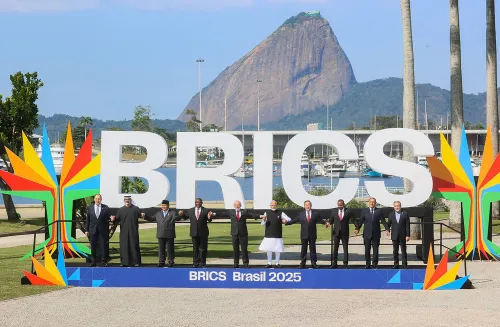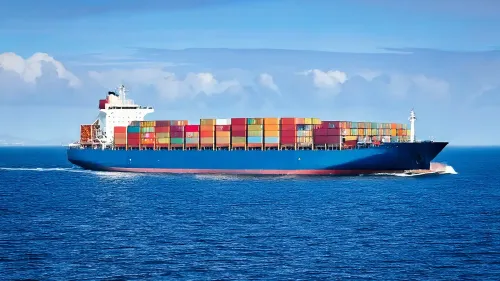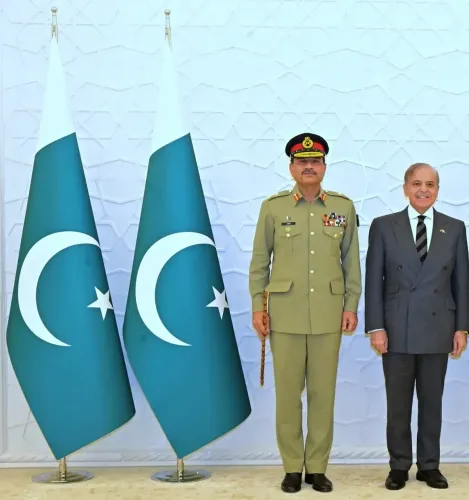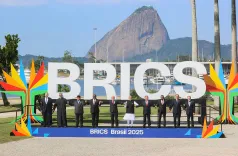Should Pakistan Be Reinstated on the FATF Grey List? Former Danish Ambassador Speaks Out
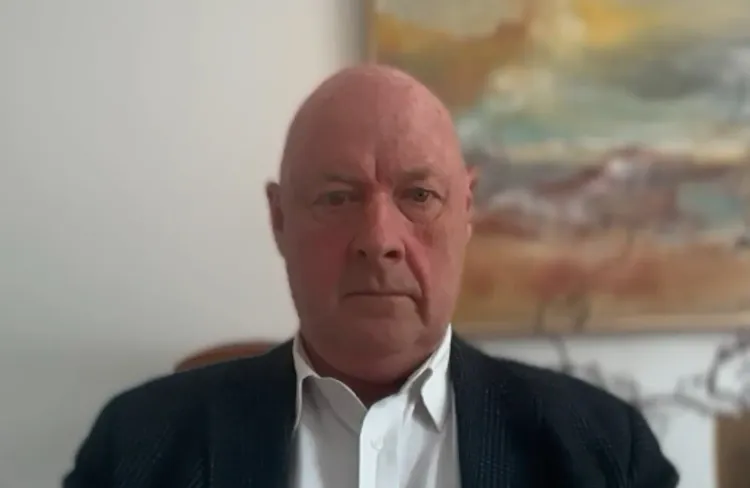
Synopsis
Key Takeaways
- Operation Sindoor is a significant initiative by India against terrorism.
- The former Danish Ambassador calls for Pakistan's reinstatement on the FATF grey list.
- Global action is essential to combat terror financing.
- India's diplomatic efforts are aimed at fostering international cooperation.
- Pakistan is often viewed as the epicenter of regional terrorism.
Copenhagen/New Delhi, June 1 (NationPress) - Commending India's Operation Sindoor and its ongoing diplomatic initiatives, a veteran diplomat from Denmark has called on the international community to take decisive action against Pakistan. He insists that this includes reinstating the country on the grey list of the Financial Action Task Force (FATF) due to its persistent role in financing terrorism and supporting international terror organizations.
In an exclusive interview with IANS, Freddy Svane, the former Danish Ambassador to India, emphasized that it is crucial for the world to recognize Pakistan as the epicenter of terrorism in the region.
"Terrorism doesn't occur spontaneously; it requires funding and organization. This long-term effort is what fuels terrorist activities. Therefore, global and regional efforts are essential to halt the flow of funds into terrorist networks. Pakistan must be classified where it rightfully belongs - on that list, with no exceptions," Svane stated.
Having served as the Ambassador to India, Bhutan, Sri Lanka, and the Maldives, Svane has extensive experience and has witnessed firsthand the ramifications of terrorism inflicted by Pakistan onto India.
"My time in India spanned over a decade, during which we faced the harsh realities of terrorism and its impacts. It was evident that Pakistan played a role in these acts. While some may argue there are different factions within Pakistan's political landscape, the reality is that there is only one disturbing truth when it comes to terrorism; Pakistan has consistently provoked numerous attacks against India. The recent incident in Pahalgam underscores the urgent need for a united and coordinated response to terrorism, including calls to action against Pakistan," he added.
Praising India's diplomatic outreach efforts, Svane believes that New Delhi is sending a powerful message to the world that it will no longer tolerate terrorism sponsored by Pakistan.
"The dispatch of all-party delegations across the globe to discuss Operation Sindoor and its associated atrocities marks a pivotal moment in the fight against terrorism. It is about time we confront the terrorism that Pakistan has perpetuated for decades. India has matured into a significant global player, demonstrating its capability to take necessary actions," Svane observed.
Svane also met with an all-party delegation led by Ravi Shankar Prasad, which was in Copenhagen from May 29-31, to emphasize India's unwavering commitment to combatting terrorism and eliminating its traces.
"It's vital that the message you aim to communicate is heard and acted upon. Therefore, I am encouraged that India is now vocally opposing terrorism in light of the tragic Pahalgam incident. We need to transition from discussions to decisive actions. Prime Minister Narendra Modi's decision to send a parliamentary delegation globally to address joint counter-terrorism strategies is crucial and positively received in Denmark," he stated.
"I inquired with some visiting Indian parliamentarians whether this diplomatic engagement was a new approach, as I had never seen India sending such all-party delegations globally to express its concerns about terrorism and its ramifications. I learned that a similar initiative was undertaken decades ago. Nevertheless, India's current stance against terrorism is essential, granting India a unique role in the global fight against terror. This is a new norm, and there should be no doubt about the consequences if terrorism remains unchecked. We must work closely as a global community," Svane concluded.


